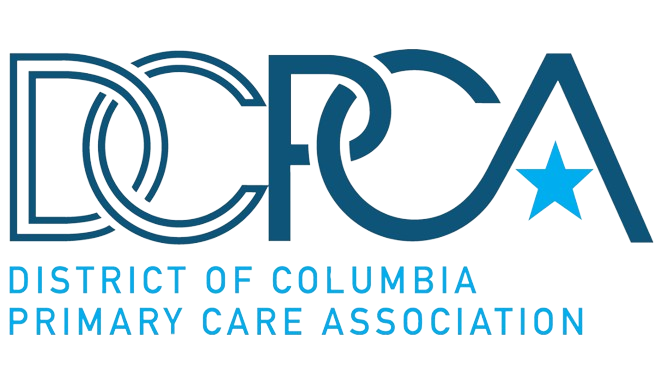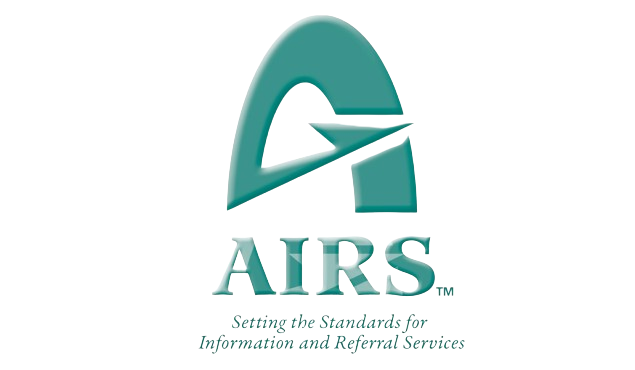Tag: strategic framework
-

Governing the Resource Directory Data Commons: A Vision and A Call to Action
Open Referral’s mission is to establish resource directory data as a public good – reliably and sustainably made freely available to all. Toward this end, we developed the Human Service Data Specifications – but we also know that solving this problem requires more than just technical interoperability among resource directory information systems. Indeed, success entails…
-

Tackling Data Dilemmas in Social Care Coordination: A Whitepaper on Community Information Exchange
Last year – with sponsorship from Robert Wood Johnson Foundations’ DASH program, and in partnership with the Regional Data Alliance at University of Missouri St Louis – I co-authored a whitepaper that aggregated research and recommendations from across the emerging field of “social care coordination.” This paper provides a strategic framework in which to understand…
-

The DC Community Resource Information Exchange: Phase One Report
The District of Columbia’s community of health, human, and social service providers are struggling with a familiar challenge: they want to be able to more effectively coordinate care among their patients and clients, yet their systems can’t currently ‘talk’ to each other. In response to this issue, DC’s Department of Health Care Finance (DHCF) initiated…
-

Open Referral’s 2018 Year in Review
We are pleased to share our Year in Review report for 2018! This was the Open Referral Initiative’s fifth year – and in several ways, 2018 stands as a culmination of all the work we’ve done to date. Continue reading →
-

AIRS Recommends Open Referral’s HSDS for Resource Database Interoperability
On behalf of the Alliance of Information and Referral Systems (AIRS), I am pleased to announce that the AIRS Board has moved to promote the adoption Open Referral’s Human Service Data Specification and API protocols as methods of establishing interoperability among resource databases and associated technologies. Our aim is to create secure, controlled and affordable…
-

Annual Review wrap-up: the path ahead
In 2014, we formed a table and conducted research. In 2015, we initiated action. In 2016, we’ll put these ideas to the test, and learn from our work. Based on your feedback so far, here’s what that might look like… (This note is far from a final word on the matter — please share your…
-

2015 in Review: the building blocks of an open ecosystem
A world in which information about community resources is easy for anyone to find, trust, and effectively use — in whatever way works best for them. This is Open Referral’s hopeful vision of the future. In 2015, we saw the first glimmers of such a world. Let’s take a look: Continue reading →
-
Data for Good Exchange: a new paper with an old concept
In late September I had the privilege to discuss our work at the Data for Good Exchange, a symposium hosted by Bloomberg. As part of the event, I presented a paper which you can read here. Much of the paper recaps the thinking and work behind the Open Referral initiative to date…. Then, taking into…
-

Deep Dive into version 1.0
Earlier this month, we published version 1.0 of the Human Service Data Specification (HSDS). Let’s take a deeper dive into it. What is the Human Service Data Specification (HSDS)? The HSDS is a format for data exchange, specifically designed to enable the publication of machine-readable data about health, human, and social services that are available…